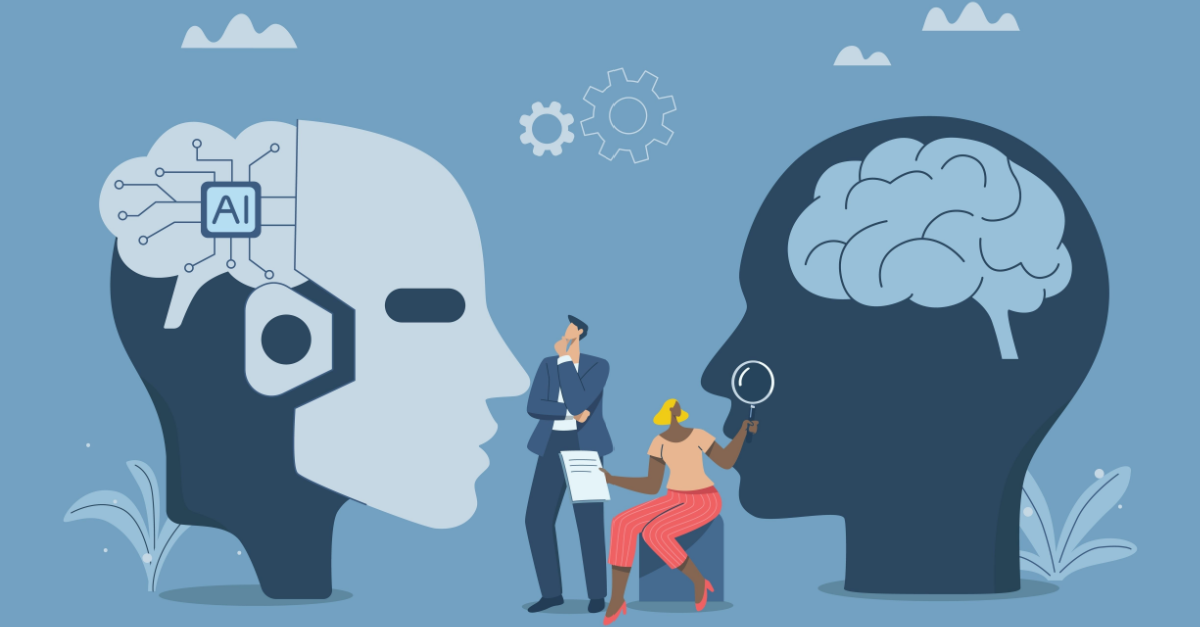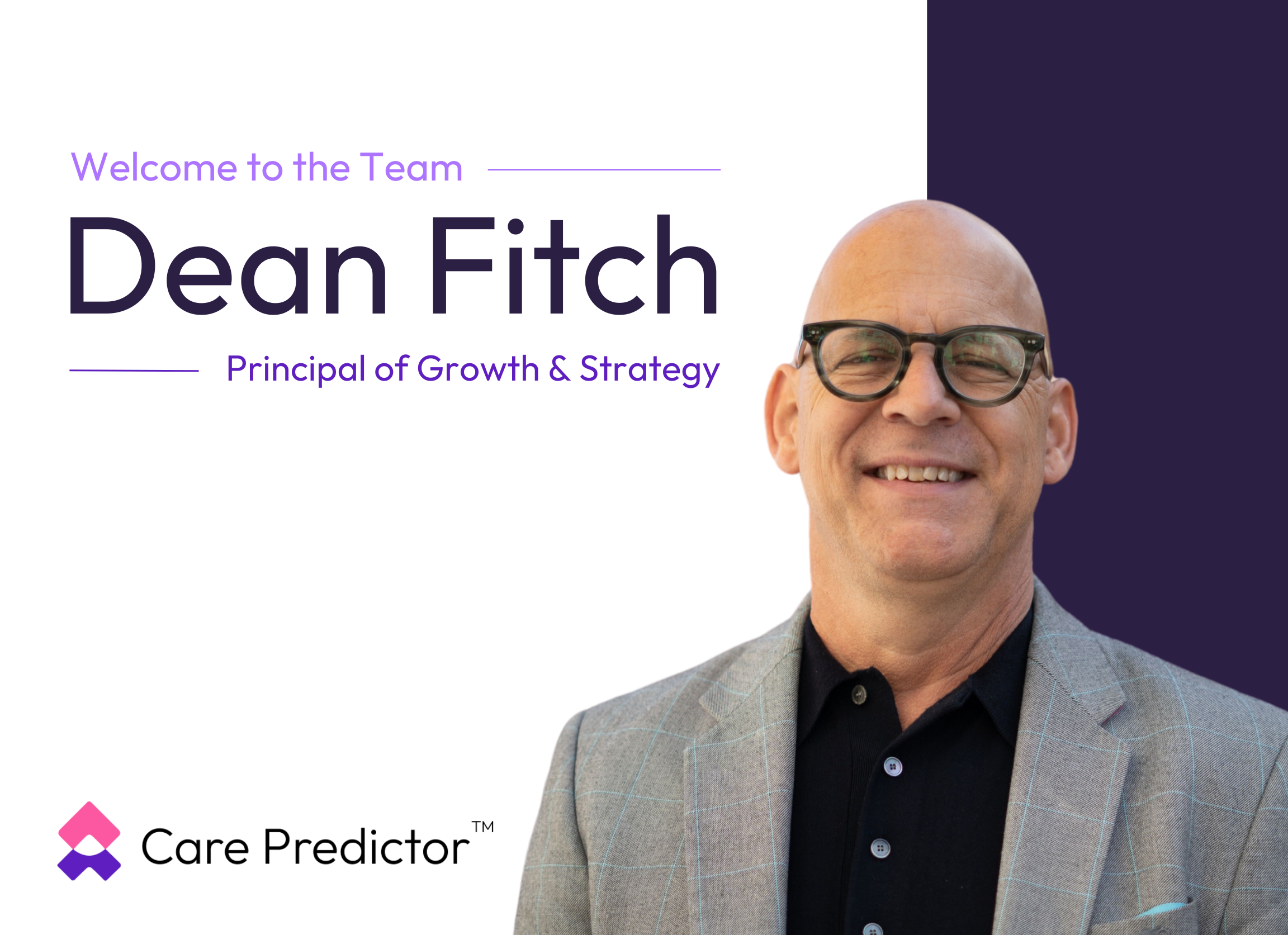A recent study included in Frontiers, a leading online research publisher, asserts that Artificial Intelligence (AI), in conjunction with clinically-guided human interaction and treatment, can offer several advantages to both patients and care providers in the field of behavioral health. Anithamol Babu – assistant professor at Marian College, doctoral student at the Tata Institute of Social Sciences, and lead researcher in this study – documents the awe-inspiring functionality of AI in her article, entitled “Artificial Intelligence in Mental Healthcare: Transformative Potential Versus the Necessity of Human Interaction”.
The proper use of AI in the behavioral healthcare space has the potential to conserve human resources, increase access to care, augment operational efficiency, reduce perceived and actual stigmas, and enhance diagnostics via real-time data and predictive modeling. However, these benefits may not last without the oversight, empathy, connection and clinical expertise offered by a skilled mental health professional.
Despite its capacity to improve certain aspects of treatment, AI cannot and should not replace the nuanced interaction between a patient and their provider. This connection, also known as the therapeutic alliance, is scientifically proven to be the strongest clinically-based indicator for patient outcomes. There are a few reasons for this. Firstly, AI lacks emotional intelligence that only human experience, perspective and insight can cultivate. Secondly, at its essence, AI is a derivative of the information that it is given; consequently, it does not have the ability to be culturally sensitive to the myriad variety of patients in the same way a human would.
Lastly, while AI has various uses and offers significant advantages, if wielded incorrectly or without human oversight, it can exacerbate clinical symptomatology and perpetuate existing systemic issues. For example, a patient with a diagnosis of schizophrenia who presents with extreme paranoia may become more isolative, distrustful and non-compliant if every single aspect of their treatment is AI-based. However, if AI is utilized solely to track the same patient’s mood, behavior, and cognitive patterns in order to predict pending clinical regressions, the care provider can then discuss these findings with the patient using an approach that is both data-informed and compassionate.
At Care Predictor, we recognize that combining the analytical power of AI with the empathy and expertise of care providers can lead to more effective and equitable outcomes. However, we’ve taken things a step further by utilizing AI not only to work in conjunction with human connection, but to exponentially enhance it as well. This innovative approach allows us to determine and disseminate crucial findings regarding a care provider’s ability to create a strong bond with every patient in their caseload. By leveraging predictive analytics through AI, we provide clinicians and non-clinicians alike with actionable insights that help optimize their ability to forge a strong therapeutic alliance, resulting in empathic, individualized and human-centered treatment that every patient deserves.




